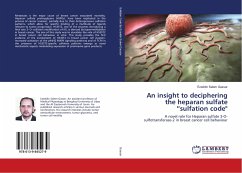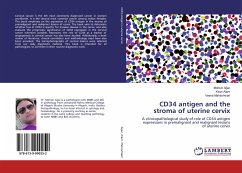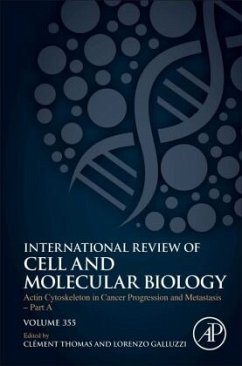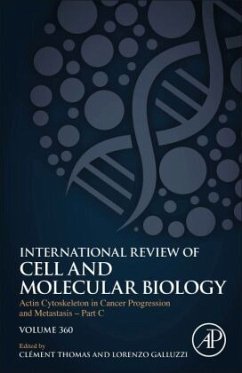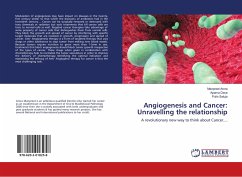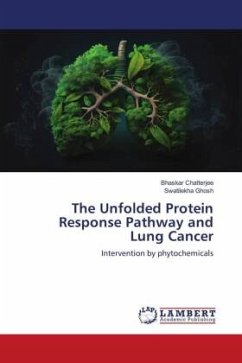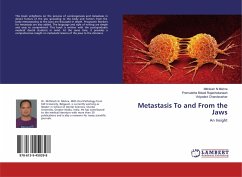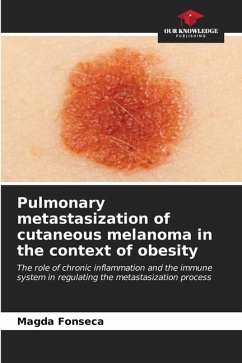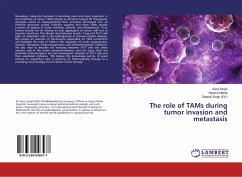
The role of TAMs during tumor invasion and metastasis
Versandkostenfrei!
Versandfertig in 6-10 Tagen
24,99 €
inkl. MwSt.

PAYBACK Punkte
12 °P sammeln!
Nowadays, immunity treatment is becoming more and more important in the treatment of cancer. TAMs emerge as attractive targets for therapeutic strategies aimed at reprogramming their protumor phenotype into an effective antitumor activity. Evidence suggests that these TAMs actively promote all aspects of tumor initiation, growth, and development. Thus, tumors should not be treated as only aggregates of cancer cells but as separate structures. The altered ratio between Foxp3+ Tregs and Th17 cells plays an important role in the pathogenesis of immune-related diseases. We present an overview of m...
Nowadays, immunity treatment is becoming more and more important in the treatment of cancer. TAMs emerge as attractive targets for therapeutic strategies aimed at reprogramming their protumor phenotype into an effective antitumor activity. Evidence suggests that these TAMs actively promote all aspects of tumor initiation, growth, and development. Thus, tumors should not be treated as only aggregates of cancer cells but as separate structures. The altered ratio between Foxp3+ Tregs and Th17 cells plays an important role in the pathogenesis of immune-related diseases. We present an overview of mechanisms responsible for TAM recruitment and highlight the roles of TAMs in the regulation of tumor angiogenesis, invasion, metastasis, immunosuppression, and chemotherapeutic resistance. We also tried to describe the interplay between Th17 cells and other immune cells in the tumor microenvironment, and we assess both the potential antitumorigenic and pro-tumorigenic activities of Th17 cells and their associated cytokines. "We believe this knowledge will be of great interest to researchers who is working on TAM-targeting therapy as a promising novel strategy for an indirect cancer therapy.



